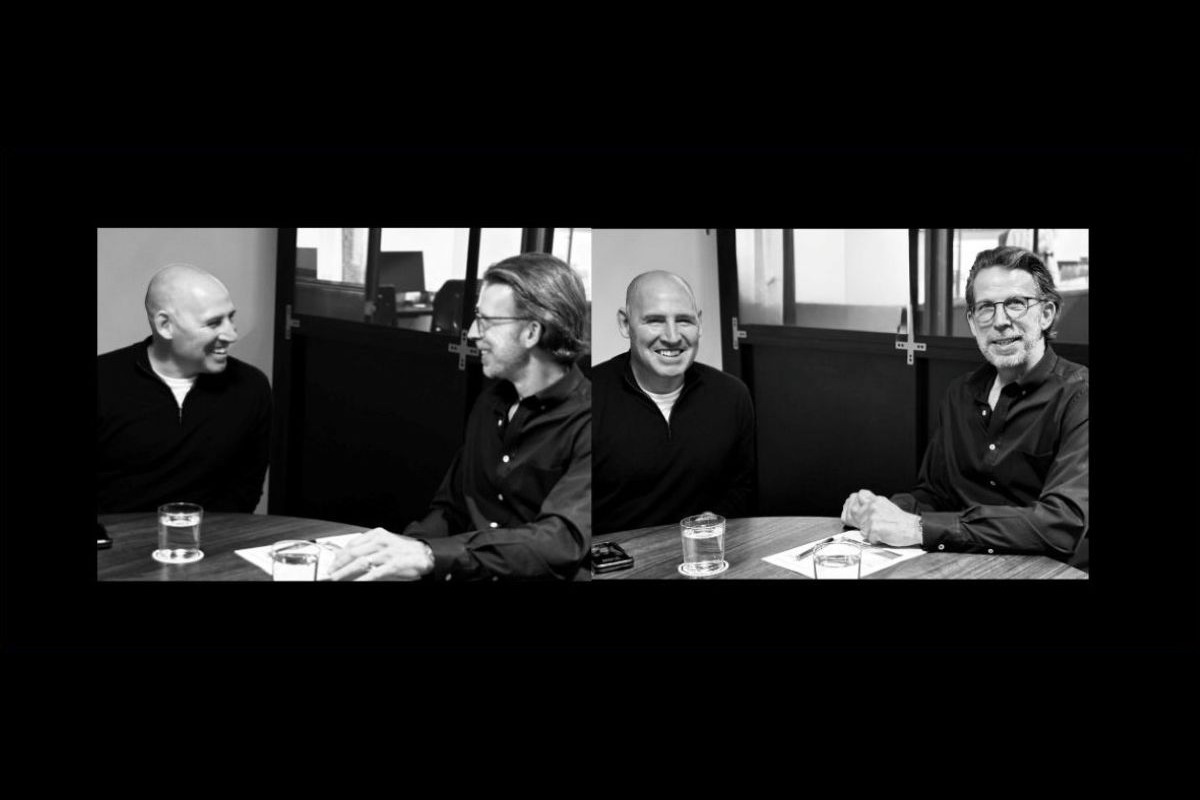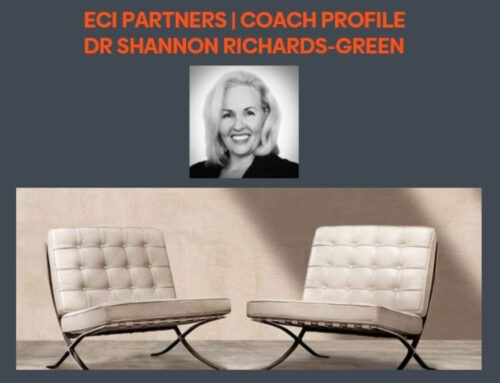
In this edition of Breathe, ECI Partner, Chris Corneil, sits down with Nick Hockley, former CEO of Cricket Australia, whose career has taken him from corporate finance in London to the helm of one of Australia’s most cherished sporting institutions. He reflects on steering the game through crises and driving cultural change.
Chris: Nick, let’s start with your journey. You’re an Englishman who ended up leading Cricket Australia – not the most predictable path. How did that happen?
Nick: I’ve always loved sport. My dad was a talented cricketer. He played for Middlesex young amateurs before his medical career got in the way, so cricket was always in the background. Personally, I played rugby to a decent level but wasn’t good enough to go fully professional and then dabbled in triathlons to keep fit.
My career began in corporate finance, and then the turning point came when London won the right to host the London 2012 Olympic and Paralympic Games. I just knew I had to be part of it and managed to land one of the early jobs on the organising committee. From then, I have been fortunate to combine my sporting passion with my profession. Not a single day has felt like ‘work’.
My first visit to Australia was a rugby tour in 1993. I then lived with three Aussies at university in the UK and spent 2 years on secondment with PwC in Sydney, during which time I met my wife, Lauren. After the London Games, we emigrated, and I feel hugely fortunate to have spent the last 13 years working in Australian cricket.
Chris: Your time at Cricket Australia coincided with some turbulent years – renegotiating media rights and creating a stable financial footing, managing the COVID pandemic, and the aftermath of ‘sandpaper gate’. How did you approach leadership in that storm?
Nick: COVID was unprecedented. There was no rulebook or set of instructions. We were making decisions minute-to-minute, moving entire series across states, setting up quarantine hotels at a week’s notice. Things that normally took a year of planning got done in a few days.
What stands out is how much people cared about cricket. Everyone – the players, states, broadcasters, venues – all pulled together to keep the game going. It was very challenging, but also extremely rewarding as we had a shared mission to protect the sport whilst keeping people safe.
The challenge afterwards was recalibrating. During COVID, decision-making became very centralised out of necessity. Coming out the other side, the priority was empowering the wider network around a shared set of strategic priorities, which required a different kind of leadership.
Chris: Post-COVID you reset the strategy and created a new vision statement: to be a sport for all, that makes Australians proud. Tell us about that shift.
Nick: The unfortunate events in Cape Town in 2018 had cast a shadow and it was clear we needed both a strategic and cultural reset. We settled on a singular vision, which was built around inclusivity and values.
On one level, it’s about everyone feeling they belong in cricket: girls, boys, women, men, from all backgrounds and right across the country. On another, it’s about how the sport carries itself, the culture we create and how we represent Australia.
It is really Important that purpose and business objectives align. In simple terms, the more inclusive we are, the more people participate, watch on tv and fill stadiums which leads to commercial performance and the ability to reinvest.
Chris: You’ve spoken a lot about culture. What did you learn about its role in leadership?
Nick: I used to think strategy was everything – having a clear plan, executing brilliantly and making sure the metrics are on track. Over time, I realised culture is the real enabler.
Cricket Australia had about 300 staff, but to deliver the game requires thousands of people across volunteers, broadcasters, venues, media, sponsors, to name but a few. We were really the conductor of an orchestra. The only way it worked was through respectful, aligned and high-functioning partnerships.
Sport, more than anything, is a people business. Those relationships, the trust, the way people feel part of something, that’s what makes it work. Culture is the glue. How people show up, particularly in times of challenge, all adds to culture. There are so many moments, but I was particularly proud of how our women’s team performed under pressure to win the T20 World Cup in front of 86,000 people at the MCG, how our men’s team represented themselves when touring Pakistan for the first time in 24 years and most recently how as an organisation we were able to support the exiled Afghanistan female cricketers play as a team.
Chris: You’ve also been open about the role of executive coaching. Why was that important for you?
Nick: In high-performance sport, coaches are essential. Why should executives be different? Having a coach gave me protected time to reflect, to work on myself, to ask, “How am I really going?”
It also sends a message to the organisation: improvement is never finished. Just as athletes spend hours in the nets, executives need to keep sharpening their game. I’d encourage anyone to seek out coaches and mentors. You just need to look at how the world’s best athletes speak about their coaches.
Chris: You stepped down earlier this year. What are you passionate about now?
Nick: A few things. First, mentoring. I am fortunate to have great mentors and I want to pay that forward. Second, continuous learning. After 25 years, I finally went back to formal study with the AICD Company Directors Course, and I’ve loved it.
I’m fascinated by the AI revolution. It’s going to shape the future of work, and I want to understand both its potential and its limitations. I have found it super helpful on a couple of business projects I am working on.
Lastly, I’ve really enjoyed reconnecting with people. The intensity of the Cricket Australia role meant I didn’t always have time for that. I have loved being able to spend more and uninterrupted time with family, friends and former colleagues.
Chris: Looking back, what would you want other leaders to take from your experience?
Nick: Life’s short and nothing worthwhile is easy, so do what you love. It’s one thing having a clear vision and plan, but to get there, surround yourself with great people who share the right values and treat partnerships as exactly that – partnerships. Learning is never done, and the best learning happens when facing into the biggest challenges.
Chris: Nick, thank you for sharing your passions and your perspectives. We look forward to seeing how you will continue to enliven communities right around this great country.
Nick: Brilliant Chris and thank you for all your incredible support.
Chris Corneil, Partner, ECI Partners
To connect with us about executive coaching please contact us here.


